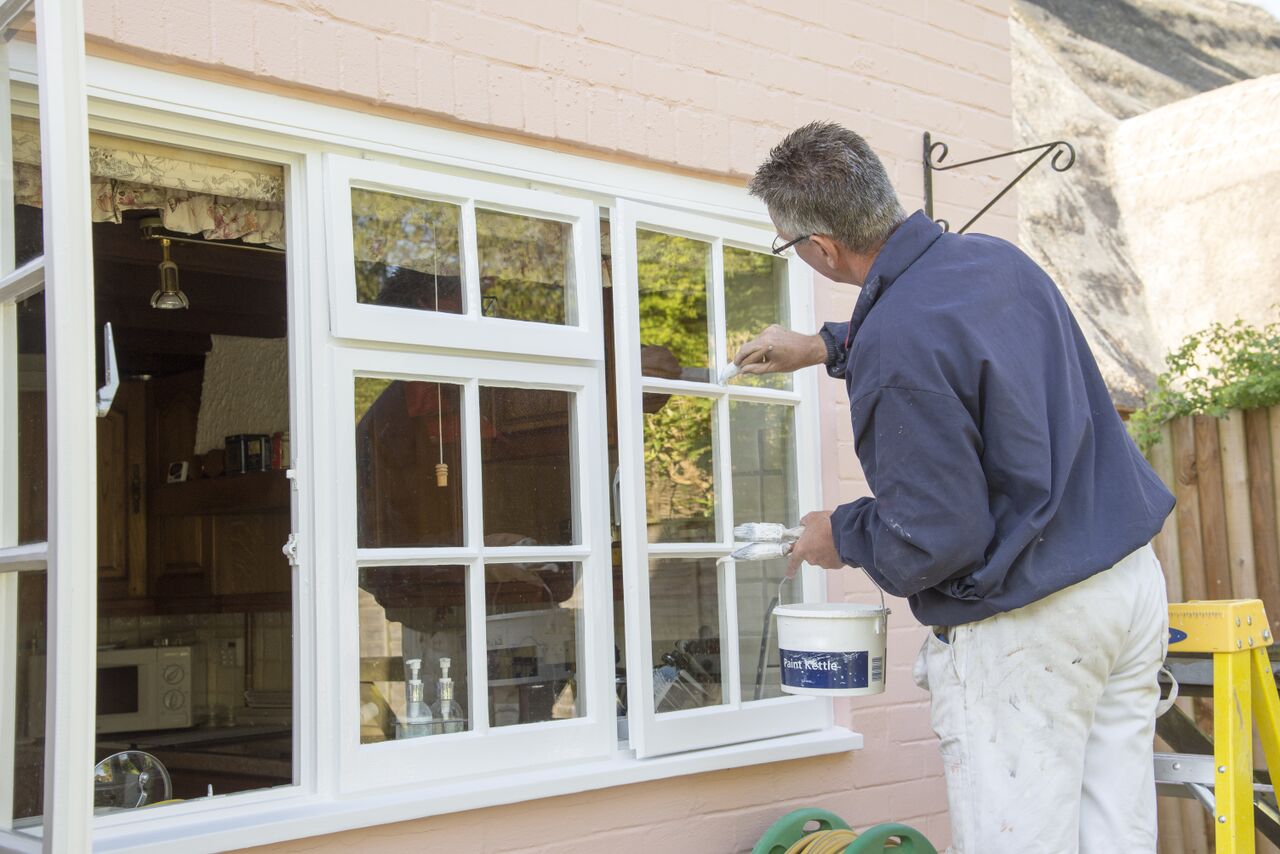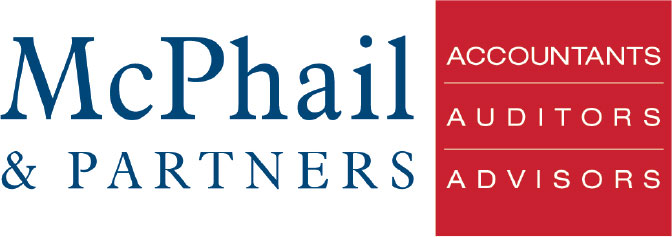
When will an expense be a repair or maintenance and when will an expense be an improvement? This question is extremely important a s the tax treatment is vastly different depending on the outcome of this question. When we say ‘repairs’, we mean work to make good or remedy defects in, damage to or deterioration of the property. For example:
- Replacing part of the guttering or windows damaged in a storm
- Replacing part of a fence damaged by a falling tree branch
- Repairing electrical appliances or machinery.
When we say ‘maintenance’, we mean work to prevent deterioration or fix existing deterioration. For example:
- Painting a rental property
- Oiling, brushing or cleaning something that is otherwise in good working condition
- Maintaining plumbing.
When we say ‘improvement’ we mean work that:
- Provides something new
- Generally furthers the income-producing ability or expected life of the property
- Generally changes the character of the item you have improved
- Goes beyond just restoring the efficient functioning of the property.
Some examples of improvements are:
- Adding an additional room
- Replacing all existing plumbing
- Replacing all existing electrical wiring
- Renovating the entire kitchen
- Replacing an entire roof.
If an expense is repairs or maintenance a deduction can be claimed for the entire expense in the year it is incurred. If an expense is an improvement it will be treated as a capital expense and should be depreciated over its expected life. Generally any improvements that forms part of the house and cannot be detached such as a new roof, bathroom renovation or house extensions, can only be depreciated at 2.5% over 40 years. Replacement of assets that are detachable from the house such as ovens, hot water systems, carpets and curtains can be depreciated at much higher rates depending on the asset.
Below are some common questions relating to repairs and the timing of deductions.
Can you claim the cost of repairs you make before you rent out the property?
You cannot claim the cost of repairing defects, damage or deterioration that existed when you obtained the property, even if you carried out these repairs to make the property suitable for renting. This is because these expenses relate to the period before the property became an income-producing property.
Can you claim the cost of completely replacing something?
If you have to replace something identifiable as a separate item of capital equipment (such as a complete fence or building, a stove, kitchen cupboards or a refrigerator) you have not carried out a repair. This means you cannot claim the entire replacement cost you incurred in the year you incurred it. However, you may be able to claim the cost as a capital works deduction or a deduction for decline in value.
Can you claim repairs you carry out at the same time as improvements?
If you conduct a project that includes both repairs and improvements to your property, you can only claim a deduction for the cost of your repairs if you can separate the cost of the repairs from the cost of the improvements. If you hire a builder or other professional to carry out these works for you, we recommend you ask for an itemised invoice to help work out your claim.
Determining whether an expense relating to your rental property is repairs and maintenance or an improvement can be a minefield and consulting us when you are considering substantial work on your rental property will ensure the correct and most tax advantageous treatment is obtained.
For more information on how to maximise your rental property deductions please contact Carol from our office by calling 9898 9221.
